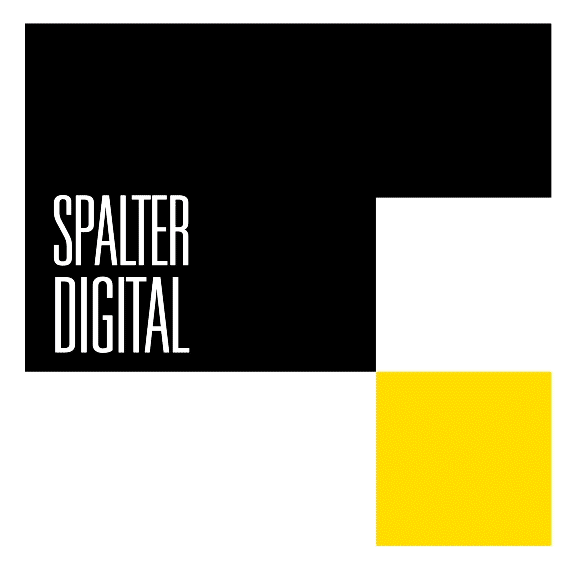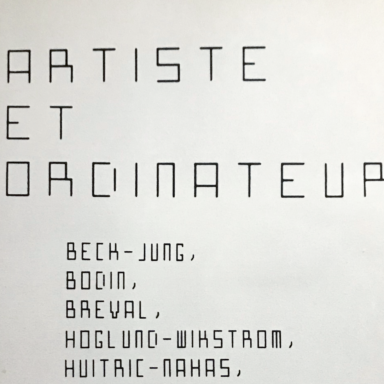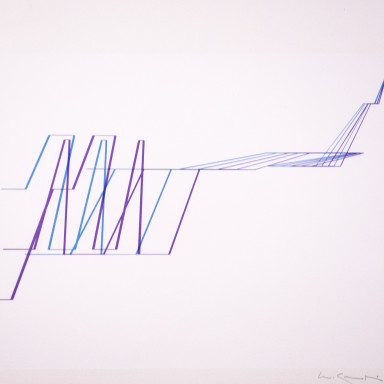
Basic Info
Name: Goran Sundqvist
Country of Origin: SE
Description
Background
Sundqvist, at Saab in Linköping, and later at AB Skandinaviska Elverk, used the Saab manufactured computer D21 at Skandinaviska Elverk to create a digital sound for Morthenson’s musical piece Neutron Star in 1967. In 1969, Sundqvist made the computer animations for Supersonics, a TV-film Morthenson made for Westdeutscher Rundfunk [7,10,11]. Morthenson met Sundqvist at Fylkingen, a society committed to experimental and unestablished forms of contemporary art, where the latter’s musical experiments with the computer D21 had gained him a reputation for being interested in the field of art, music and computers [11]. At Fylkingen, Sundqvist also made acquaintance with the composer and artist Lars-Gunnar Bodin
Research intersets
Göran Sundqvist’s research focuses on the role of expertise, the interplay of science and policy, and the expert-lay divide. His research is anchored in the interdisciplinary field of science and technology studies – STS. Sundqvist is currently conducting empirical studies on nuclear waste management and climate change. These highly controversial issues are research-dependent, publicly discussed and in need of regulation. The role for the sociologist is to understand these conflicts and what problems scientific knowledge can solve and not solve. Examples from his research is presented in the two books “The Bedrock of Opinion: Science, Technology and Society in the Siting of High-Level Nuclear Waste” (Springer, 2002) and “Governing the Air: The Dynamics of Science, Policy, and Citizen Interaction” (edited with Rolf Lidskog, MIT Press, 2011), and in Swedish in “Miljösociologi” [Environmental Sociology] (together with Rolf Lidskog, Studentlitteratur, 2011).
Externally funded projects since 2010
2017-2021 Understanding the international CONtext for Norway’s low-emission EConomy Transition (CONNECT). Funding agency: The Research Council of Norway. Project leader: Guri Bang, CICERO – Center for International Climate Research, Oslo (participant: Göran Sundqvist, professor II, CICERO).
2017-2020 Ungas kraft [Youth’s power]. Project leader: Universeum, Gothenburg (participant: Göran Sundqvist, University of Gothenburg) (www.universeum.se/ungas-kraft/).
2015-2019 Modern2020 – Development and demonstration of monitoring strategies and technologies for geological disposal. Funding agency: EC/EURATOM research and training programme. Project leader: Johan Bertrand, Andra – Agence Nationale Pour La Gestion Des Dechets Radioactifs, France. Swedish partner: University of Gothenburg (Göran Sundqvist) (www.modern2020.eu).
2014-2016 The IPCC AR5 In Europe: Usability, framing and communication of scientific climate information. Funding agency: The Research Council of Norway. Project leader: Asuncion St. Clair, CICERO – Center for International Climate Research, Oslo (participant: Göran Sundqvist, TIK, University of Oslo).
2011-2015 Dissemination of scientific knowledge as a policy instrument in climate policy. Funding agency: The Research Council of Norway. Project leader: Göran Sundqvist, TIK, University of Oslo.
2011-2014 InSotec – International Socio-Technical Challenges for Implementing Geological Disposal of Radioactive Waste. Funding agency: EC/EURATOM FP7. Project leader: Anne Bergmans, University of Antwerp. Norwegian partner: University of Oslo (Göran Sundqvist) (www.insotec.eu)
Teaching and supervisions
Sundqvist teaches environmental sociology and risk sociology on undergraduate level and STS on Master and PhD levels. He has been a supervisor for six PhD theses (main supervisor for five). Currently he is the main supervisor for four PhD students: Sylvia Lysgård (TIK, University of Oslo: Norwegian oil sands extraction in Canada), Tina Talleraas (TIK, University of Oslo: Nuclear weapons disarmament), Hannes Lagerlöf (SocAv, University of Gothenburg: Monitoring of nuclear waste), My Hyltegren (SocAv, University of Gothenburg: Technologies for age assessment for asylum cases in Sweden).
Outreach
Sundqvist’s research on science-policy interactions in the environmental field are highly policy-relevant and have in several cases analysed how expert-driven and technocratic framings are contested by other actors. His research on nuclear waste management in Sweden and the European Union, during the last 25 years, has involved a number of central actors and communities designated in locations for national repositories of nuclear waste. An important part of this research is to foster public engagement in technical decision-making. Sundqvist has participated in several EU-funded projects, which are good examples of these ambitions.


